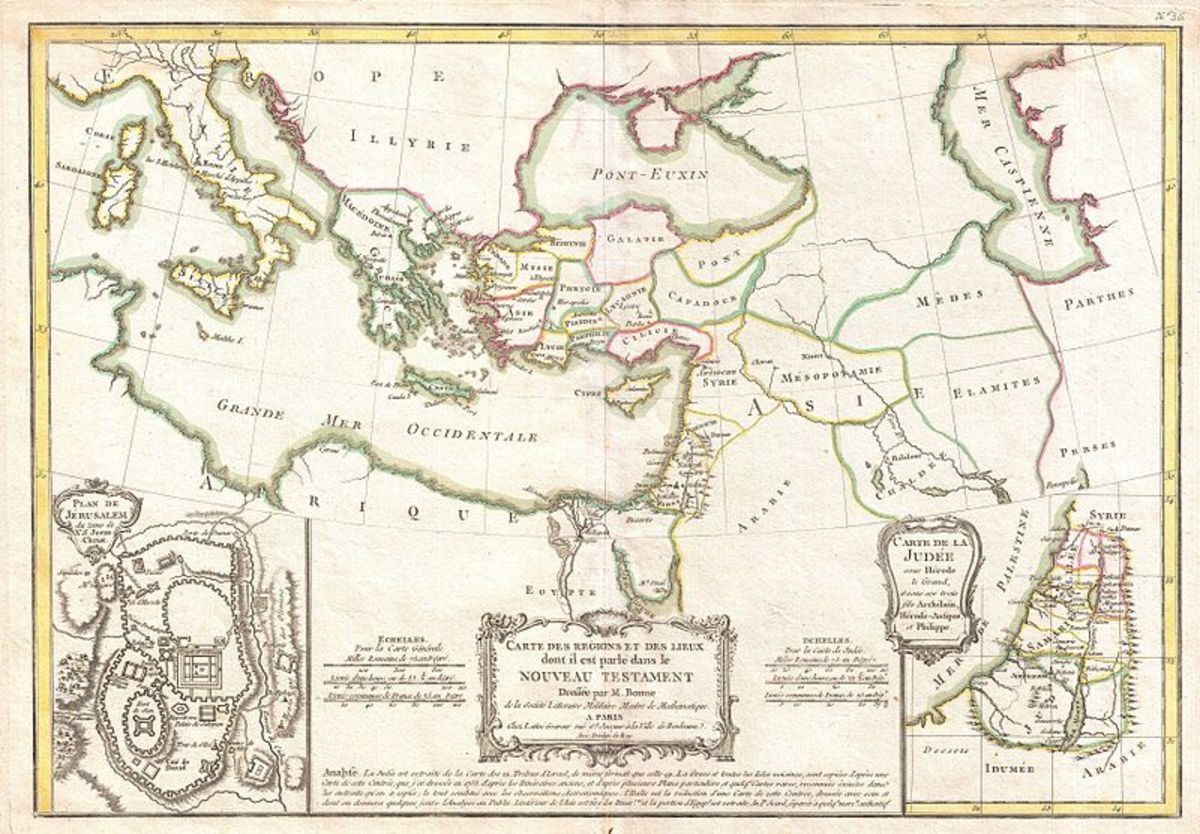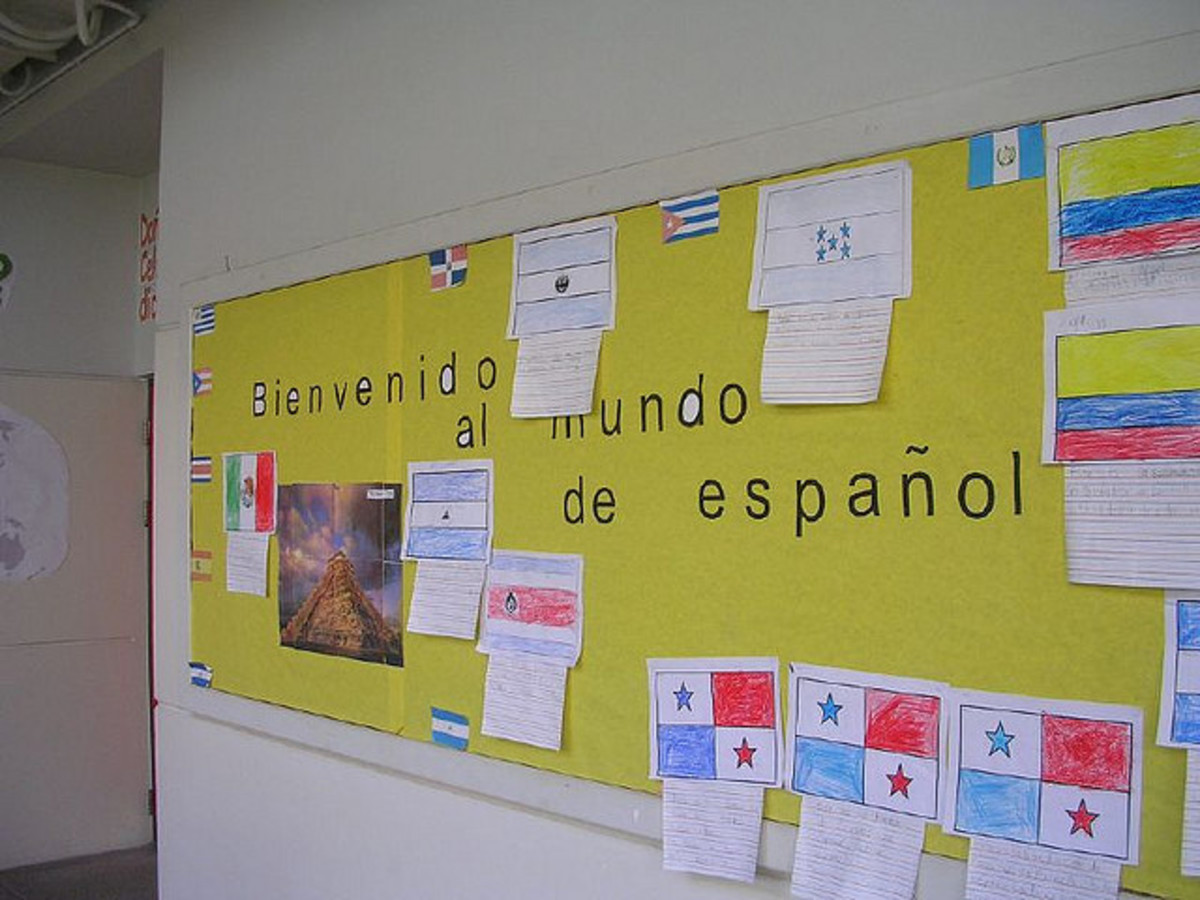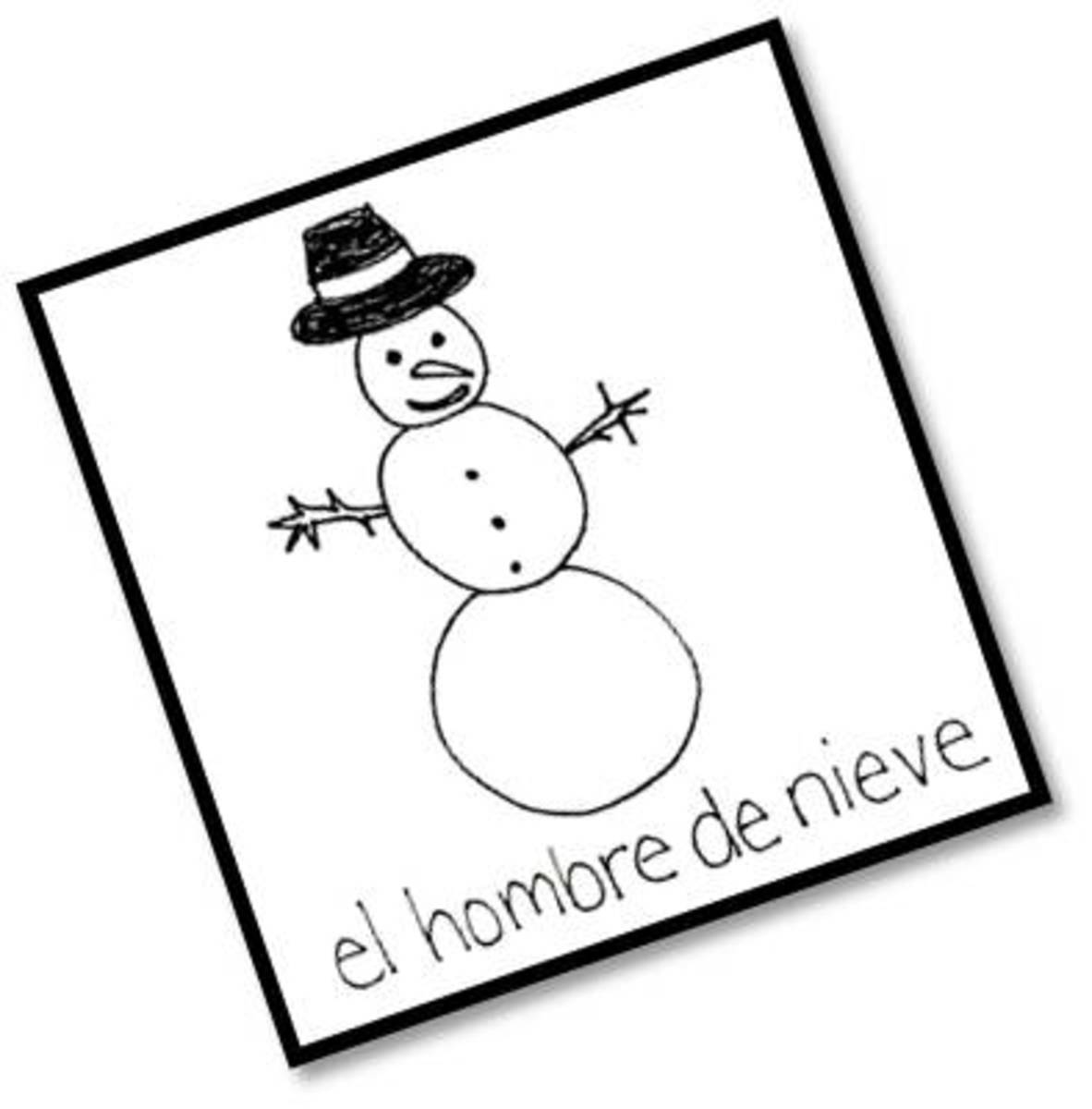Spanish Lesson Seventy-Five: The Future Perfect

Hey Friends!
I hope you all have enjoyed the last few lessons! We've been reviewing and adding on to some old topics discussed many a day ago. Now that we've been gaining steam, it's now time to learn some new grammar techniques. After learning about Impersonal Expressions, it's a good time to add on to our knowledge by learning another compound tense. So welcome to this week's Spanish lesson! I hope you enjoy it! :)
Oh! I hope you're all ready for Valentine's Day. It's coming fast and I hope you've got your date(s) lined up and ready for romance. Maybe write them a poem in Spanish? Or maybe French is more romantic? Anyway... I was just trying to fill the paragraph. Let's read our objectives for the day.
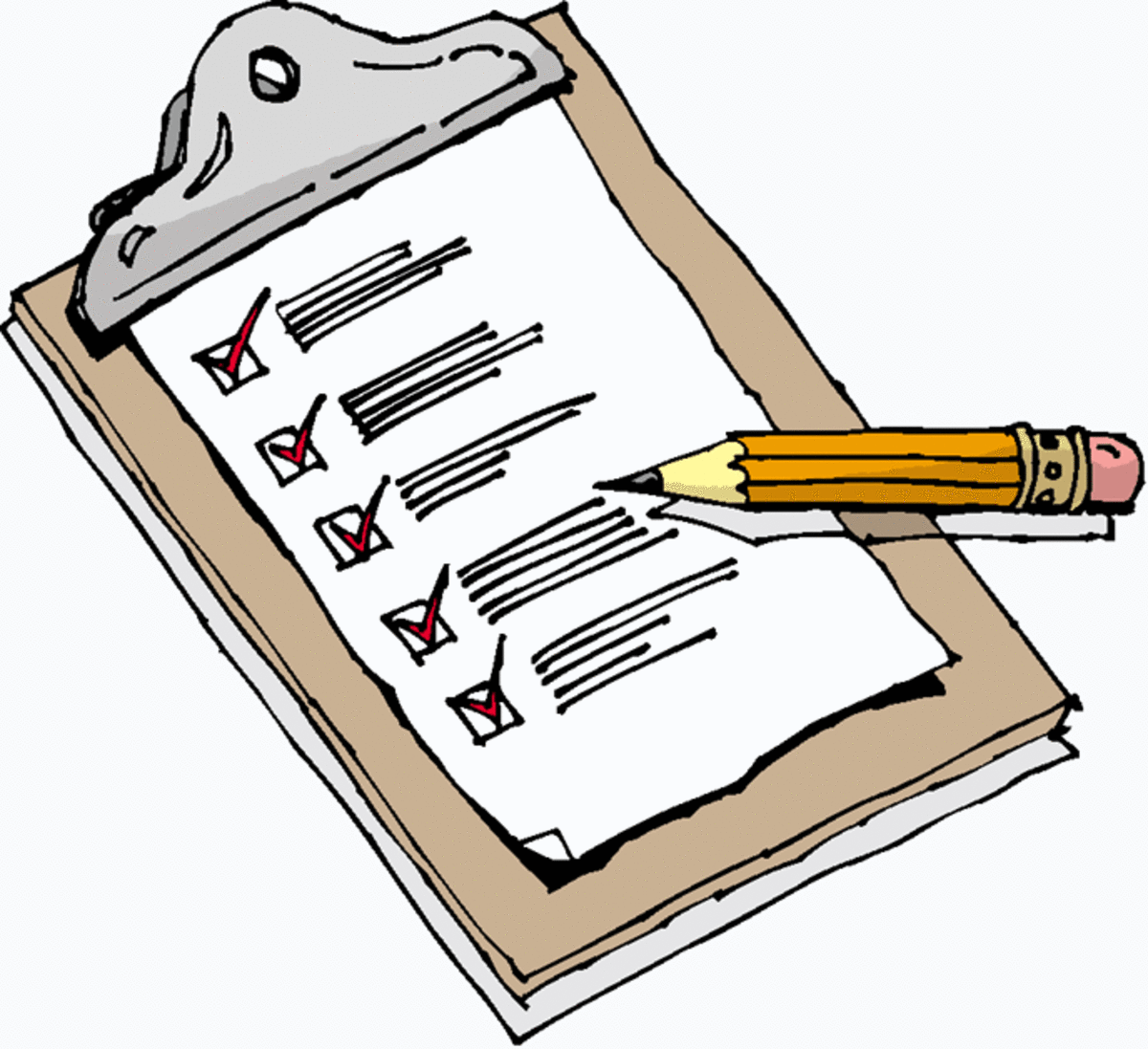
Objectives
- To Be Able to determine the use of the Future Perfect
- To Be Able to conjugate the verb haber in the Future Perfect
- To Be Able to properly make use of the Future Perfect tense
Cómo estás?
The Future Perfect
Hey Friends,
Today we're going to be discussing the Future Perfect which is exactly like its English counterpart. If you don't already know how to say "I will have..." then you will today. Just like in English, it's not a common tense, but can be essential when considering a time span or other actions that can take place in the future. In that respect, this tense is pretty pertinent. I've also added some extra info in the side section of today's lesson. Make sure you read that.
Also, keep in mind that I will be reviewing Reflexive Verbs briefly in this lesson since my research prompts a review of it. There are quite a few reflexive verbs that are used when discuss things you "will have" or "must have" or "might have". So yeah, we're going to go through that material as well.
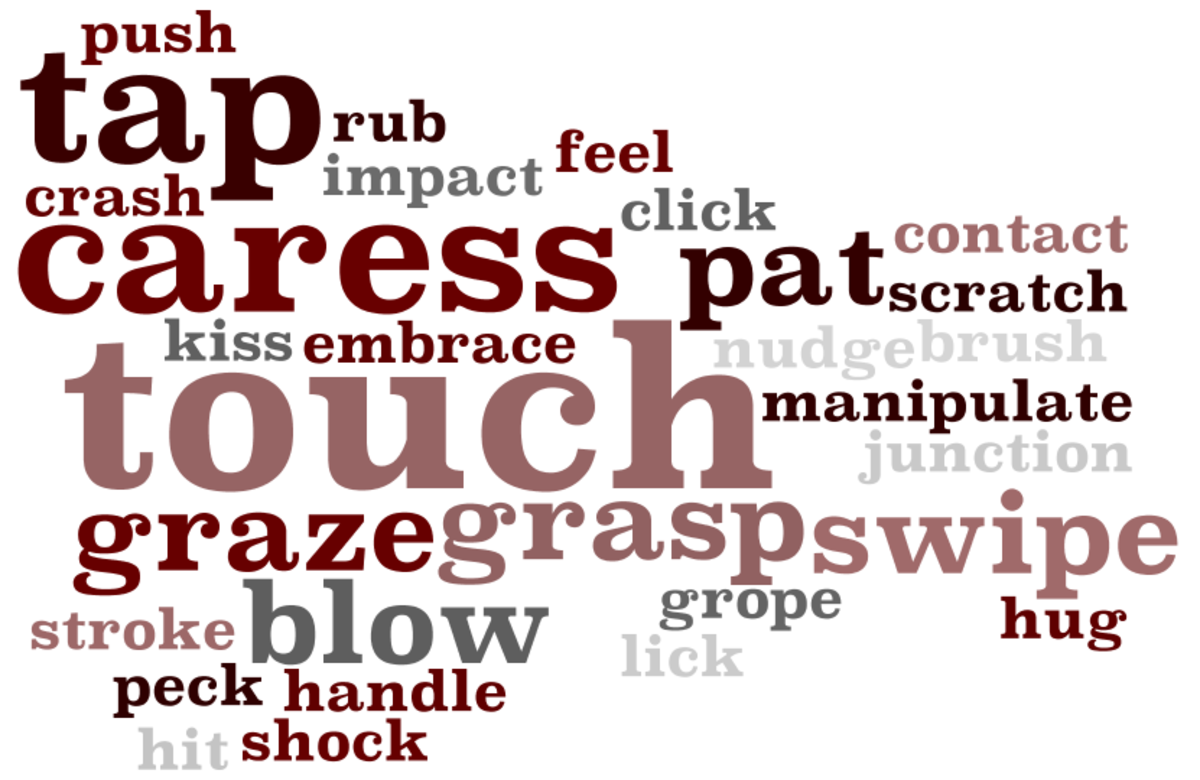
English Word
| Spanish Equiv
|
|---|---|
Week
| La Semana
|
Exactly
| Exactamente
|
Daily/Everyday
| Diario
|
To Present
| Presentar
|
Door
| La Puerta
|
When
| Cuándo
|
Slow
| Lento
|
To Change
| Cambiar
|
Road/Path/Route
| El Camino
|
Separately/Apart/Aside
| Aparte
|
Right/Straight
| Derecho
|
To Play
| Jugar
|
Gift/Talent
| El Don
|
Tomorrow
| Mañana
|
Today's Vocabulary
Hi.
So today's vocabulary will feature some of the words I received from my "Word of The Day" emails. Remember I told you about them? If you want to get an email daily of new words, just google "Spanish Word of The Day". There will probably be several options to choose from. Don't be shy! It definitely won't hurt to get a daily dose of Spanish and learn some new words. So there is only one word in this list that I didn't know: "El Don". So that's one more word that I now know.
When it comes to speaking Spanish, try to do it in an everyday fashion. Think about how to say certain sentences, complex or simple, in Spanish, in order to help you maintain momentum. When you don't use it, you will lose it. I try my best to immerse myself in the language.
Yo
| Tú
| Él/Ella/Usted
| Nosotros
| Ellos/Ellas/Ustedes
|
|---|---|---|---|---|
Habré
| Habrás
| Habrá
| Habremos
| Habrán
|
- Used to describe an action before it would take place before another action in the future
- Used to describe an action before it would take placed before a specific time period
- Used to describe actions that are likely or occur from supposition
Using The Future Perfect
Hey Friends,
So today we're going to work on the Future Perfect, the next compound tense on our list. So if you've noticed, about every five lessons we'll learn a new tense until we run out of them. There will also be reviews coming up and then we'll continue our journey on to lesson one hundred. So in twenty-five weeks or so we'll reach that milestone. I will then say goodbye to writing Spanish lessons and will begin studying up on Portuguese. Yes, I will make you all tri-lingual in no time. :)
Okay, so if you'll note, Haber needs to conjugated into the future tense in order to represent the Future Perfect. A participle, like all of the other compound tenses, will follow the verb haber. Keep note as well that Haber is irregular in the future tense. So let's check out the first example.
Si aprendemos una langua nueva habremos ganado más conocimiento. If we learn a new language we will have gained more knowledge. Note the supposition in this sentence. "Will have" indicates something in the future that is to happened, but hasn't happened yet.
Habremos comido antes de salir. We will have eaten before leaving. Specifying a time period also requires the use of the Future Perfect. It helps clarify when an action will take place before, after, or during the other. Get it?
Paula habrá sabido nada de él. Paula must have known nothing about him. The Future Perfect can sometimes mean "must have" or "might have" to refer to something that has already occurred. Let's do another example of this.
Paula habrá ido a la casa. Paula might have gone to the house.
Me habré lavado las manos. I will have washed my hands. When you have a reflexive verb that must be turned into a participle, the "se" ending must be removed and must reflect the subject. You have to put it somewhere too... so place it just before haber.
Me las habré lavado. I will have washed them. If you have D.O.P. and an I.O.P., remember that the I.O.P. always comes before the D.O.P.
Notes: I.O.P.s are Indirect Object Pronouns and D.O.P.s are Direct Object Pronouns. If you don't remember how to use these, check out lessons and Nineteen.
Oh! On February 18th, we're going to discuss Money and Currency. Come on back for that!
- Future Perfect
Spanish grammar. Discussion: future perfect. - Future Perfect Tense in Spanish; Spanish Grammar
Learn what the future perfect tense is and how it is used in Spanish. - Spanish Lesson - The Future Perfect - YouTube
Here I will cover how to form and use the Future Perfect Tense in Spanish senorbelles.com youtube.com/senorbelles twitter.com/senorbelles facebook.com/senorb...
© 2014 AE Williams



